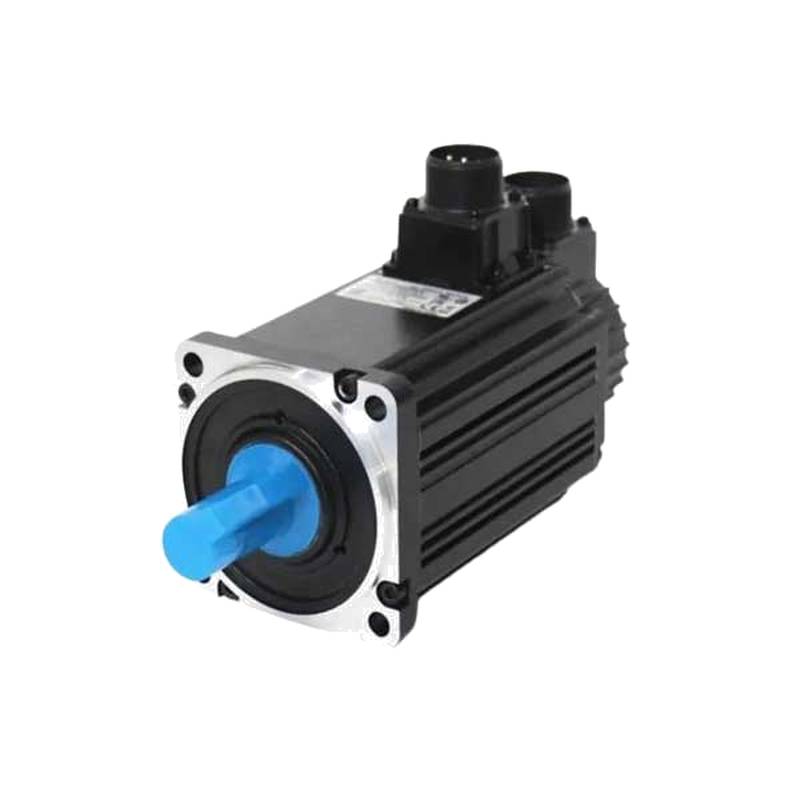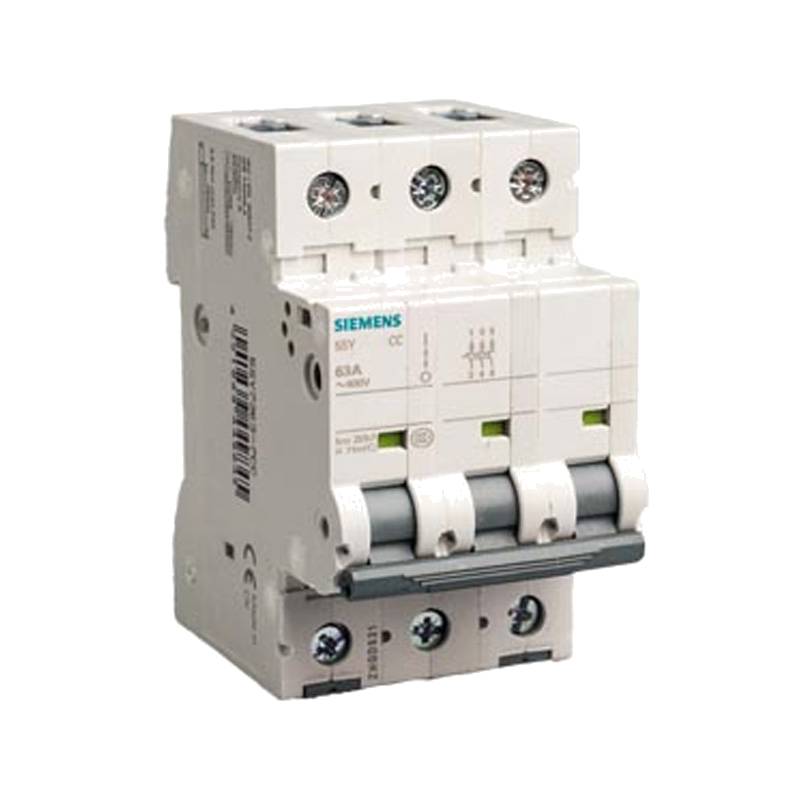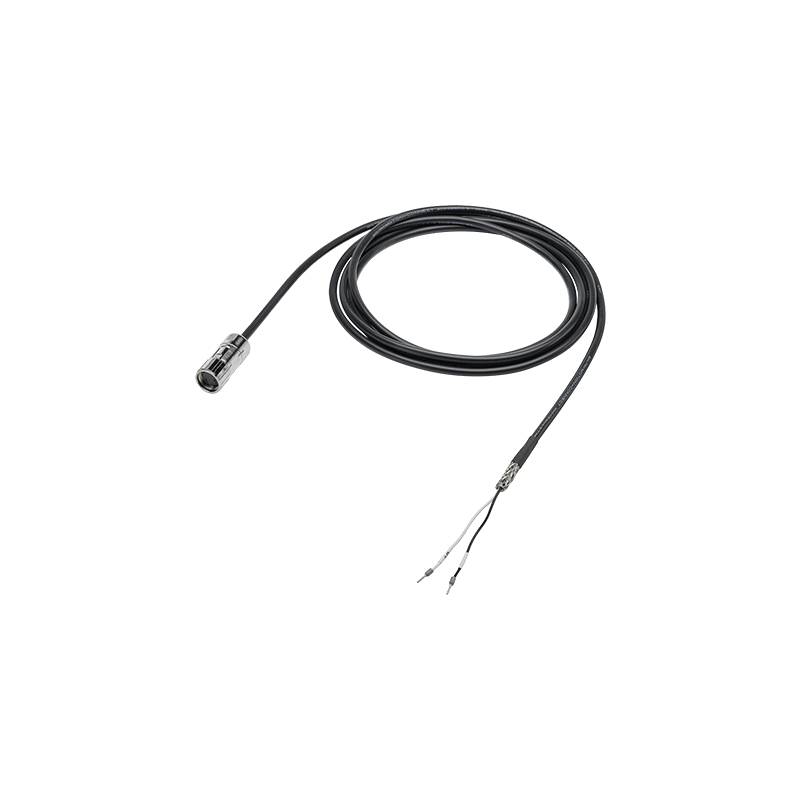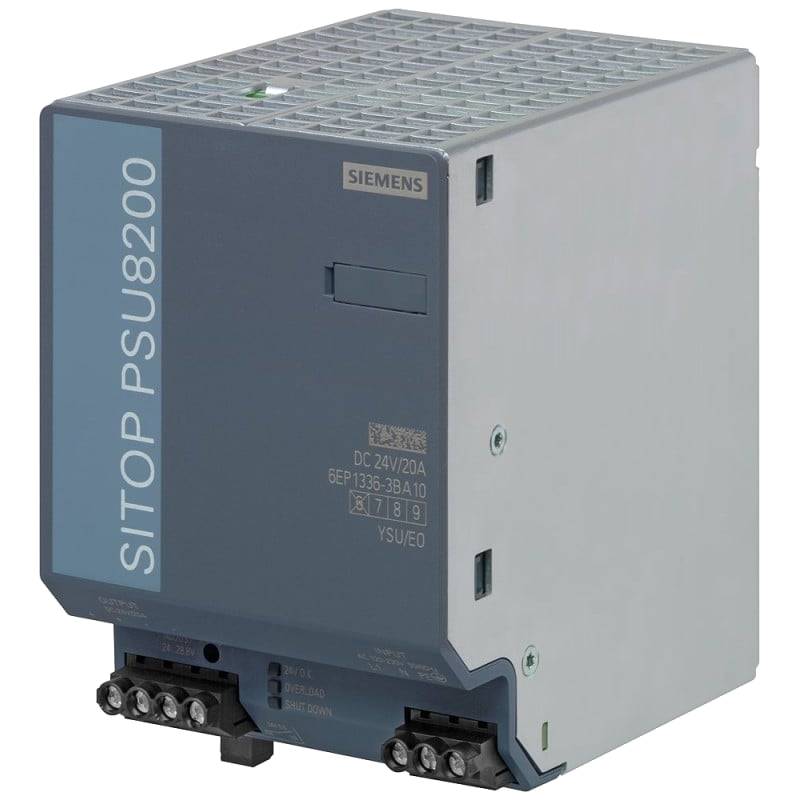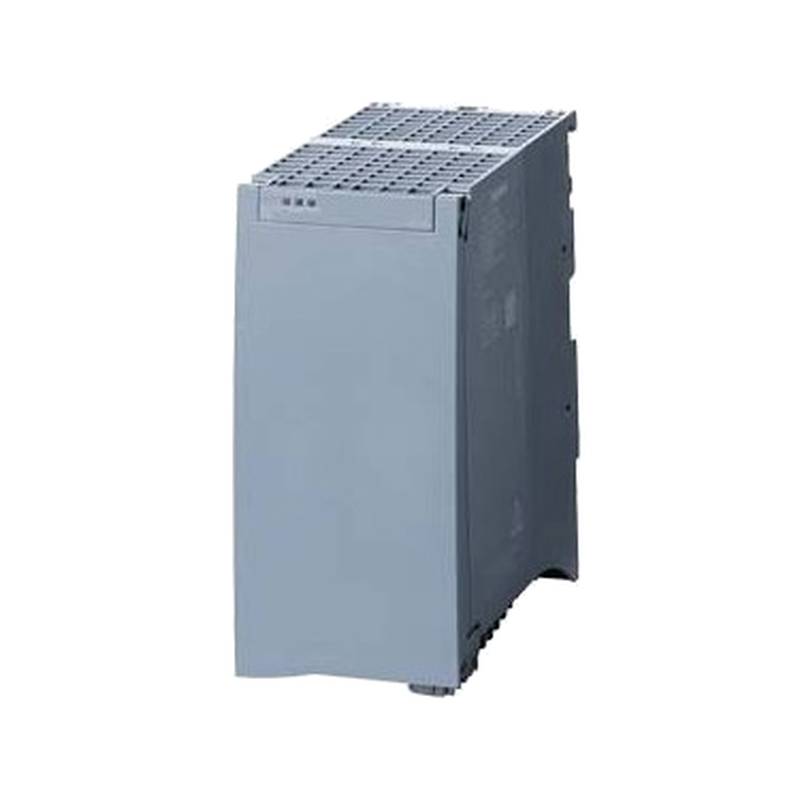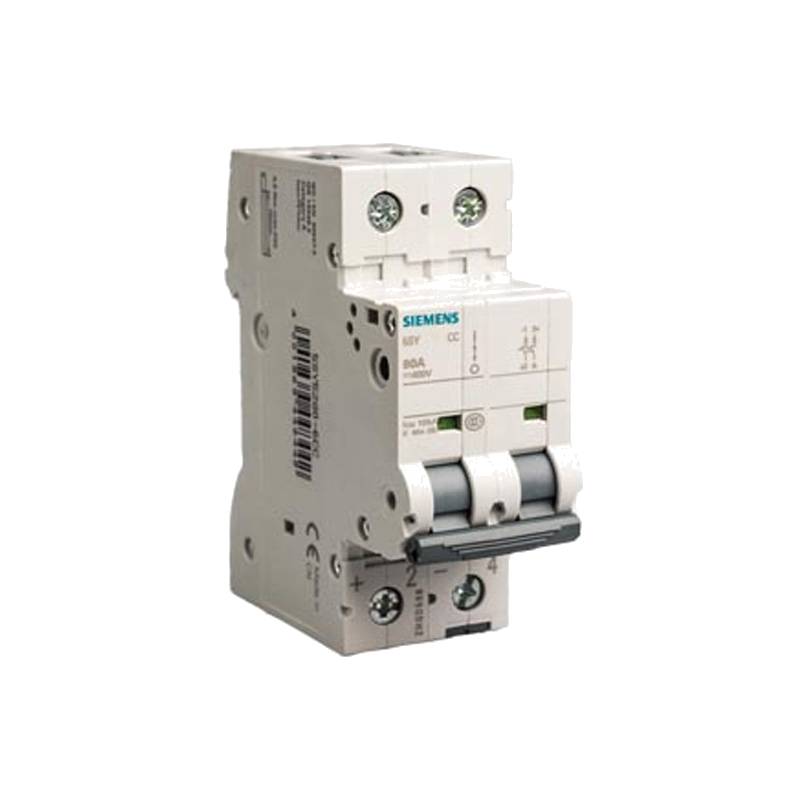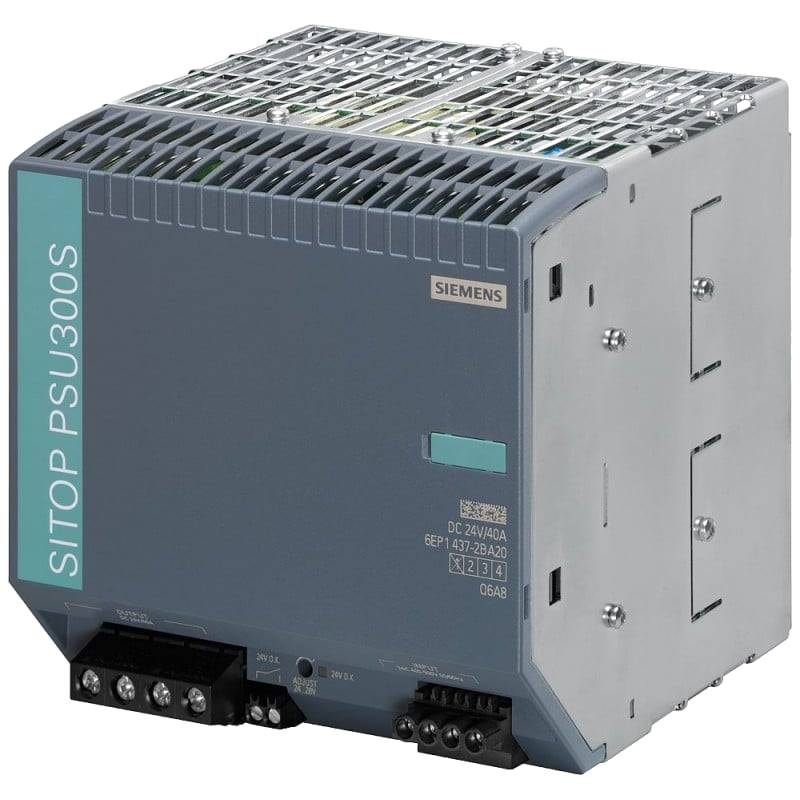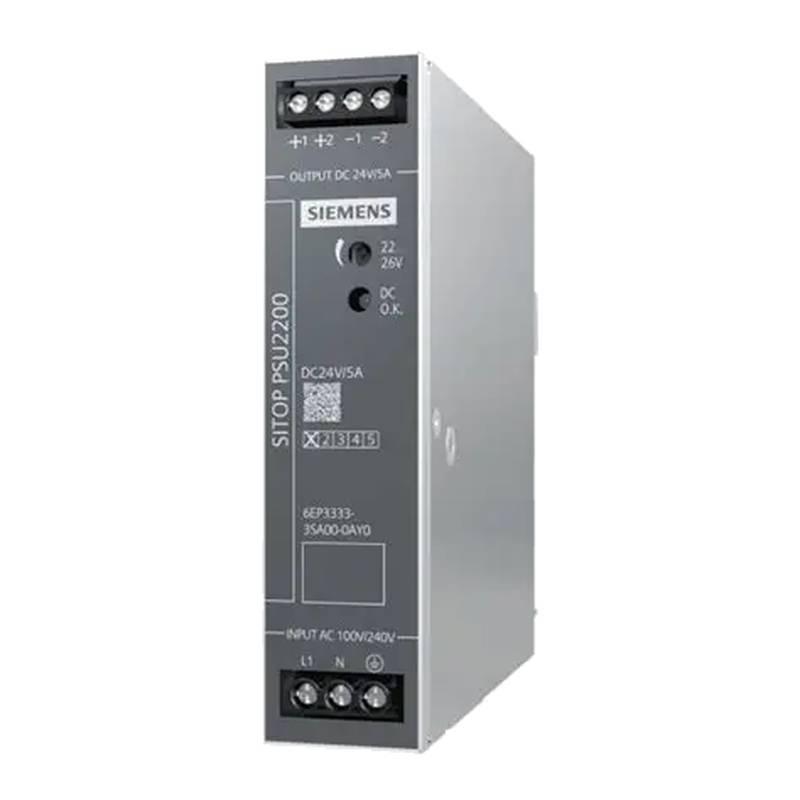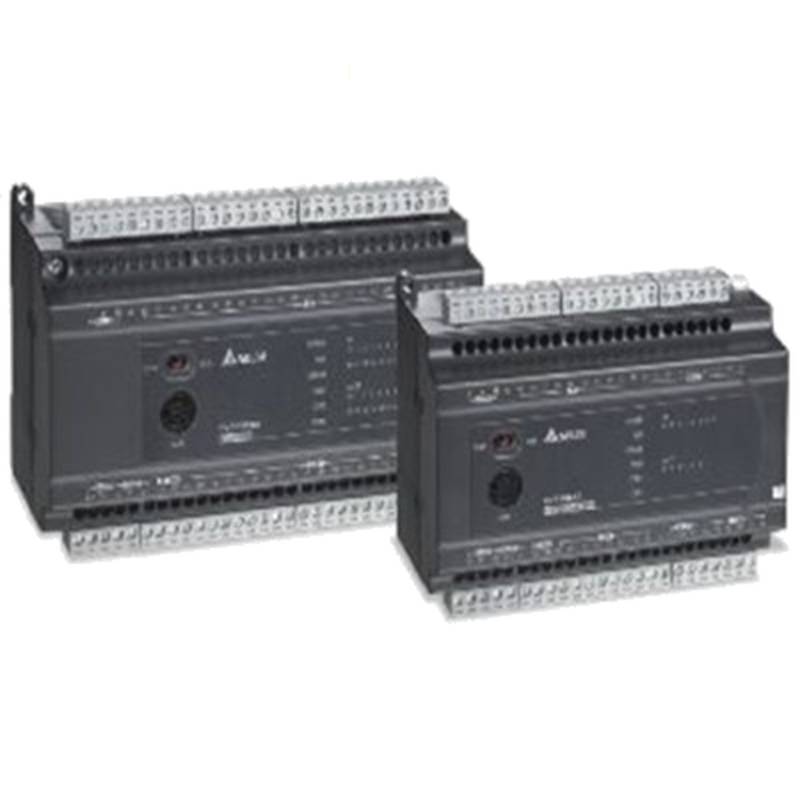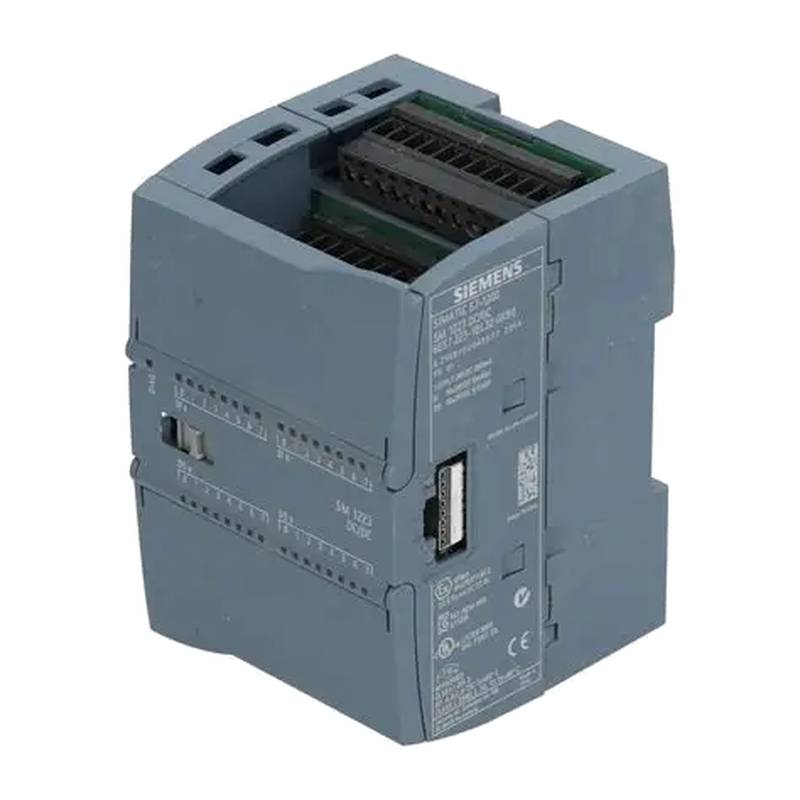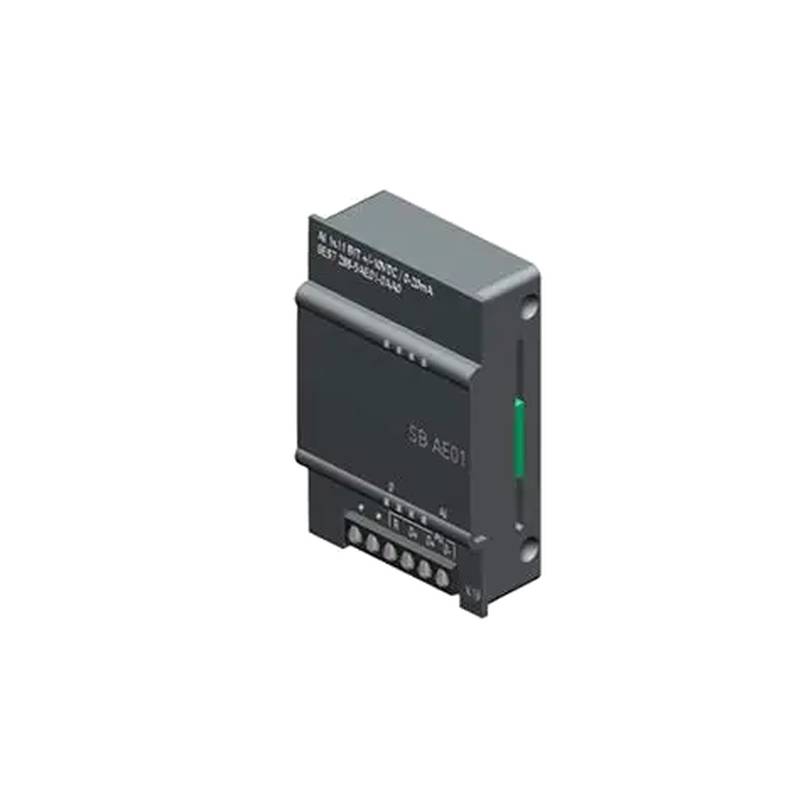
The Delta ECM-B3H-F21313RS1 B3 High Resolution Encoder Motor stands as a robust solution for precision motion control applications, engineered to deliver exceptional accuracy and reliability. This motor boasts a high-resolution encoder, crucial for closed-loop feedback systems demanding precise positioning and velocity control. Its core advantages lie in its compact design, high torque density, and superior dynamic response, making it ideal for automated manufacturing, robotics, and high-speed packaging machinery. Key technical parameters include a rated voltage of 230V, a motor power rating of 1.3kW, and an impressive encoder resolution, ensuring granular control over every movement.
Product Specifications
| Parameter | Value |
| :-------------------- | :-------------------------------------- |
| Model | ECM-B3H-F21313RS1 |
| Series | B3 High Resolution Encoder Motor |
| Rated Voltage | 230V |
| Motor Power | 1.3kW |
| Encoder Type | High Resolution Absolute Encoder |
| Insulation Class | F |
| Protection Class | IP65 |
| Brake | Yes |
| Flange Size | 130mm |
| Shaft Diameter | 22mm |
| Rated Speed | 3000 RPM |
| Rated Torque | 4.15 Nm |
| Peak Torque | 12.45 Nm |
| Holding Torque | 4.15 Nm |
Core Features & Market Positioning
The Delta ECM-B3H-F21313RS1 differentiates itself through its integrated high-resolution absolute encoder, providing immediate position feedback upon power-up and eliminating the need for homing sequences in many applications. This feature significantly reduces downtime and improves operational efficiency. Furthermore, its robust construction, including IP65 protection, ensures reliable performance even in harsh industrial environments, a key advantage over less protected motor options. The B3 series is positioned as a premium solution for OEMs and system integrators requiring dependable, high-performance motion control that minimizes calibration complexities and maximizes throughput. Its high torque density allows for smaller machine footprints without compromising power, a critical consideration in space-constrained automated systems.
Key Application Scenarios
This encoder motor is exceptionally suited for demanding automation tasks where precision and repeatability are paramount. It finds extensive use in robotic arms for pick-and-place operations, automated assembly lines requiring precise component placement, and CNC machinery where accurate tool positioning is critical for surface finish and dimensional accuracy. Other significant applications include high-speed labeling machines, automated guided vehicles (AGVs) for navigation and positioning, and precision dispensing systems in pharmaceutical or electronics manufacturing. The inherent accuracy of the Delta ECM-B3H-F21313RS1 makes it an ideal choice for any process demanding sub-millimeter precision and consistent performance.
Practical System Integration Guidance
Integrating the Delta ECM-B3H-F21313RS1 into existing systems typically involves connecting it to a compatible servo drive, such as Delta's ASDA-B3 series. Proper wiring is crucial; ensure the power, encoder, and brake (if applicable) connections are made according to the motor and drive manuals to prevent damage and ensure correct operation. The encoder cable often uses a specific connector type, and attention must be paid to signal integrity, especially in electrically noisy environments, which may necessitate shielded cabling and proper grounding. Configuration within the servo drive software involves setting motor parameters, encoder feedback types, and motion profiles to match the application's requirements for speed, torque, and positioning accuracy. For optimal performance, it is recommended to use Delta's integrated ecosystem of drives and motors, which are pre-configured for seamless compatibility.
Operation and Risk Mitigation
Operating the Delta ECM-B3H-F21313RS1 motor requires adherence to safety protocols, particularly concerning the brake function and motor inertia during high-speed operation. Always ensure the brake is engaged when the motor is de-energized or during emergency stops to prevent unintended movement. Proper commissioning by qualified personnel is essential to verify correct wiring, parameter settings, and operational limits. Common troubleshooting may involve checking for fault codes displayed on the servo drive, which can indicate issues like overcurrent, overvoltage, encoder errors, or thermal overload. If an encoder error is detected, inspect the encoder cable for damage and ensure a secure connection. Overheating can be mitigated by ensuring adequate ventilation around the motor and drive, and by verifying that the load does not exceed the motor's continuous torque rating.
Scalability & Long-Term Value
The Delta ECM-B3H-F21313RS1 encoder motor offers significant long-term value through its robust design and compatibility within Delta's broader automation ecosystem. Its high resolution and performance characteristics ensure that it can support evolving production demands and increased automation levels. For system scalability, multiple ECM-B3H-F21313RS1 motors can be integrated into complex machinery, controlled by multi-axis servo drives, enabling sophisticated multi-axis coordinated motion. Integration with Industrial Internet of Things (IIoT) platforms is facilitated through compatible servo drives that support various communication protocols (e.g., EtherNet/IP, Modbus TCP), allowing for remote monitoring, diagnostics, and predictive maintenance, thus enhancing overall operational efficiency and reducing Total Cost of Ownership (TCO).
Frequently Asked Questions
1. What is the primary advantage of the high-resolution encoder in the ECM-B3H-F21313RS1?
The absolute encoder provides precise position data, reducing startup time. It eliminates the need for homing cycles after power loss. This ensures immediate operational readiness.
This feature minimizes downtime significantly. It enhances overall system efficiency. It also improves repeatability for critical tasks.
High accuracy is crucial for complex automation. It supports intricate movements and precise alignments. This leads to higher product quality.
2. How does the IP65 rating benefit the ECM-B3H-F21313RS1 motor in industrial settings?
The IP65 rating signifies excellent protection against dust ingress. It also protects against low-pressure water jets from any direction. This makes the motor highly durable in harsh environments.
This rating ensures reliable operation in factories. It withstands cleaning processes and ambient dust. It reduces the risk of premature failure due to environmental factors.
For applications like food processing or chemical plants, this protection is vital. It maintains motor integrity and operational safety. It also lowers maintenance costs over time.
3. What type of servo drive is recommended for the Delta ECM-B3H-F21313RS1?
Delta's ASDA-B3 series servo drives are highly recommended. They are designed for optimal compatibility and performance with the B3 motor series. This ensures seamless integration.
Using matched drives simplifies setup and tuning. It allows for full utilization of motor capabilities. It often comes with pre-configured parameters for faster commissioning.
This synergy guarantees reliable feedback loop performance. It maximizes system responsiveness and accuracy. It also simplifies troubleshooting by ensuring component interoperability.
4. Can the ECM-B3H-F21313RS1 motor be used in applications requiring frequent emergency stops?
Yes, the integrated brake system is designed for such scenarios. It provides a fail-safe holding torque when power is removed. This prevents accidental movement during stops or power outages.
Proper programming of the servo drive is essential. It ensures the brake engages and disengages correctly with motion commands. This enhances operator and equipment safety.
The brake's holding torque is rated for the motor's specifications. It ensures a secure stop. Always consult the documentation for specific brake engagement protocols.
5. What are the typical fault codes to watch for with this encoder motor?
Common fault codes relate to overcurrent or overload conditions. Encoder errors (e.g., signal loss or misalignment) are also frequent. Thermal protection faults indicate overheating.
Referencing the servo drive's manual is key. Each code points to a specific diagnostic path. It helps in identifying the root cause of the malfunction quickly.
Addressing these codes promptly prevents further damage. It ensures minimal production interruption. It is crucial for maintaining operational continuity.
6. How is the high torque density of the ECM-B3H-F21313RS1 motor advantageous?
High torque density means more torque from a smaller motor size. This allows for more compact machine designs. It can also enable the use of smaller gearboxes if needed.
Smaller motors are lighter. This reduces inertia, improving dynamic response. It is beneficial for high-speed, rapidly accelerating applications.
Space savings are critical in many industrial applications. This feature enables more efficient use of valuable floor space. It can also reduce material costs for machine framing.
7. What communication protocols are supported for IIoT integration with this motor system?
The associated servo drives typically support standard industrial protocols. Common options include EtherNet/IP, Modbus TCP, and PROFINET. These enable seamless connectivity.
This allows for remote monitoring of motor status. It facilitates data collection for performance analysis. It also enables remote diagnostics and parameter adjustments.
Integration with IIoT platforms enhances predictive maintenance. It optimizes operational efficiency and reduces TCO. It allows for smarter factory automation.
8. What is the maximum rated speed for the ECM-B3H-F21313RS1?
The motor has a rated speed of 3000 RPM. This indicates its capability for high-speed operational cycles. It is suitable for applications demanding fast throughput.
Operating at or near the rated speed requires careful consideration. Ensure the load and control system are optimized for this speed. Inertia matching is also important.
Exceeding rated speeds can lead to premature wear or failure. Always respect the manufacturer's specifications for longevity and reliability. Drive parameters must be set appropriately.
9. Does the ECM-B3H-F21313RS1 require specific lubrication or maintenance?
This motor generally requires minimal lubrication due to sealed bearings. Regular visual inspections for damage or debris are recommended. Ensure electrical connections remain clean and secure.
The primary maintenance involves keeping the motor and its environment clean. Dust and contaminants can affect cooling and performance. Check the brake mechanism periodically as per the drive manual.
Refer to the official Delta documentation for detailed maintenance schedules. Proper care ensures maximum lifespan and consistent performance. Unexpected maintenance should be handled by qualified technicians.
10. What are the benefits of an absolute encoder compared to an incremental encoder?
An absolute encoder knows its exact position instantly. It retains position data even when power is lost. This eliminates the need for re-homing procedures.
Incremental encoders require a reference point. They track movement from that point. They lose position information upon power interruption.
The absolute encoder offers higher accuracy and faster startup. It is ideal for systems that need immediate precision after power cycling. This improves operational efficiency significantly.














